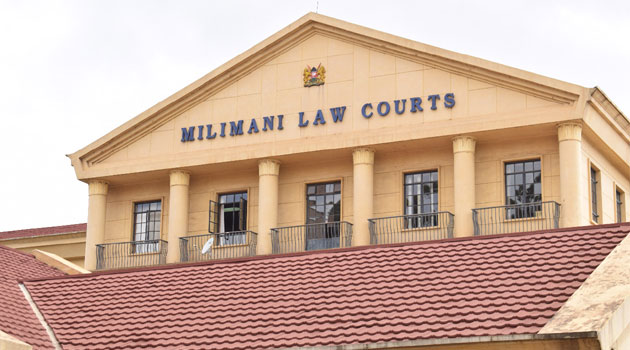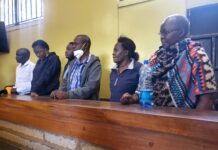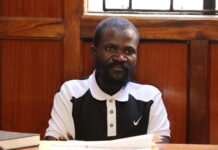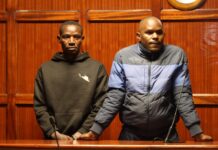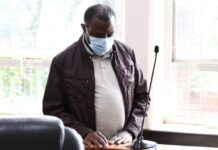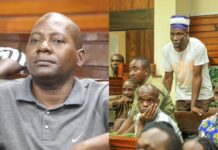By Peter John
The High Court in Nairobi has disallowed the production of two statements attributed to Abdulatif Ali, the 18th defendant in the long-running anti-corruption case Ethics and Anti-Corruption Commission (EACC) v Estama Investment Limited & 9 Others.
The ruling, delivered by Justice B.M. Musyoki on November 25, 2025, marks a key procedural decision in a matter that has been before the Anti-Corruption and Economic Crimes Division since 2018.
The objection—raised by Senior Counsel E.K. Mutua on behalf of several defendants—challenged the admissibility of both an initial and a further statement allegedly made by Ali during investigations.
The defence argued that the statements amounted to hearsay because the prosecution witness, was not the maker of the statements and therefore could not guarantee their authenticity.
They further maintained that such statements, given the defendant’s personal interest in the outcome of the proceedings, could not be safely relied upon as evidence.
Miss Maina, appearing for the EACC, opposed the objection. She argued that PW8 was the investigator who recorded the statements during the inquiry and was thus competent to produce them.
She also pointed out that the 18th defendant had not objected to their production during pre-trial sessions.
The court, however, took a different view. Justice Musyoki noted that although the statements were clearly listed in the plaintiff’s trial bundle—appearing as document number 7 on page 972 of the list dated May 3, 2019—the defence had not flagged them earlier when the court directed all parties on July 15, 2025, to identify documents they intended to challenge before PW8 produced them.
While this omission would ordinarily have worked against the defendants, Senior Counsel Mutua explained that they had mistakenly believed the statements were meant to serve as witness statements rather than documentary evidence. Justice Musyoki described this explanation as reasonable and understandable.
The ruling ultimately hinged on Section 35(3) of the Evidence Act, which bars the admissibility of statements made by persons with a vested interest at a time when legal proceedings were pending or anticipated—particularly when the statement relates to facts that may influence the outcome.
The judge observed that Ali, as a defendant, clearly had an interest in the outcome of the proceedings at the time he recorded the statements.
Moreover, the content of the statements appeared to exonerate him while implicating others, raising the need for cross-examination to test their veracity.
Justice Musyoki emphasized that although PW8 may have written down the statements, he was not the author of the defendant’s words. “The fact that PW8 is the one who recorded the statement does not make him the author of the words which came out of the 18th defendant’s mind or mouth,” the court held. “He was merely recording what the 18th defendant was saying.”
For these reasons, the court sustained the objection, barring the statements from being admitted as exhibits.
The ruling was delivered in open court in the presence of Miss Maina for the plaintiff; Mr. Waudo and Mr. Muchiri representing the 1st to 5th defendants; Senior Counsel Mutua for the 7th, 14th and 19th defendants; and Miss Mwinzi for the 20th defendant.
The decision clears the way for the continuation of the substantive hearing in a case that has attracted public interest due to the scale of the alleged economic improprieties and the number of high-profile defendants involved.









